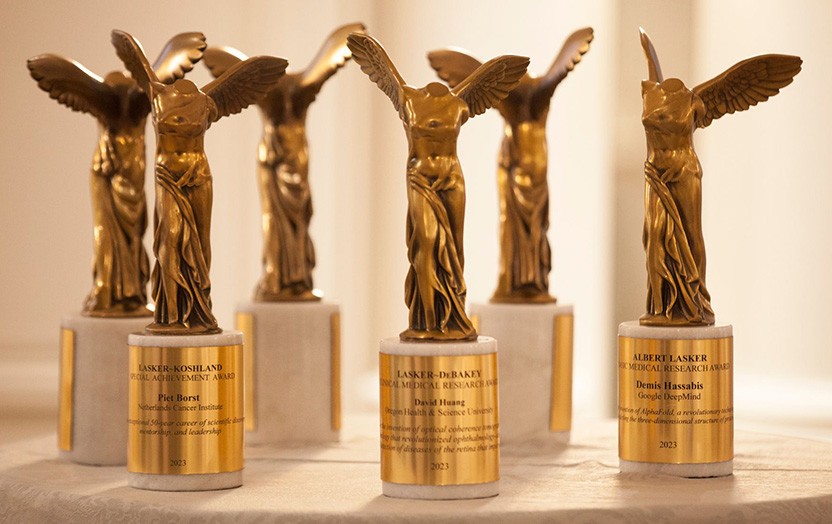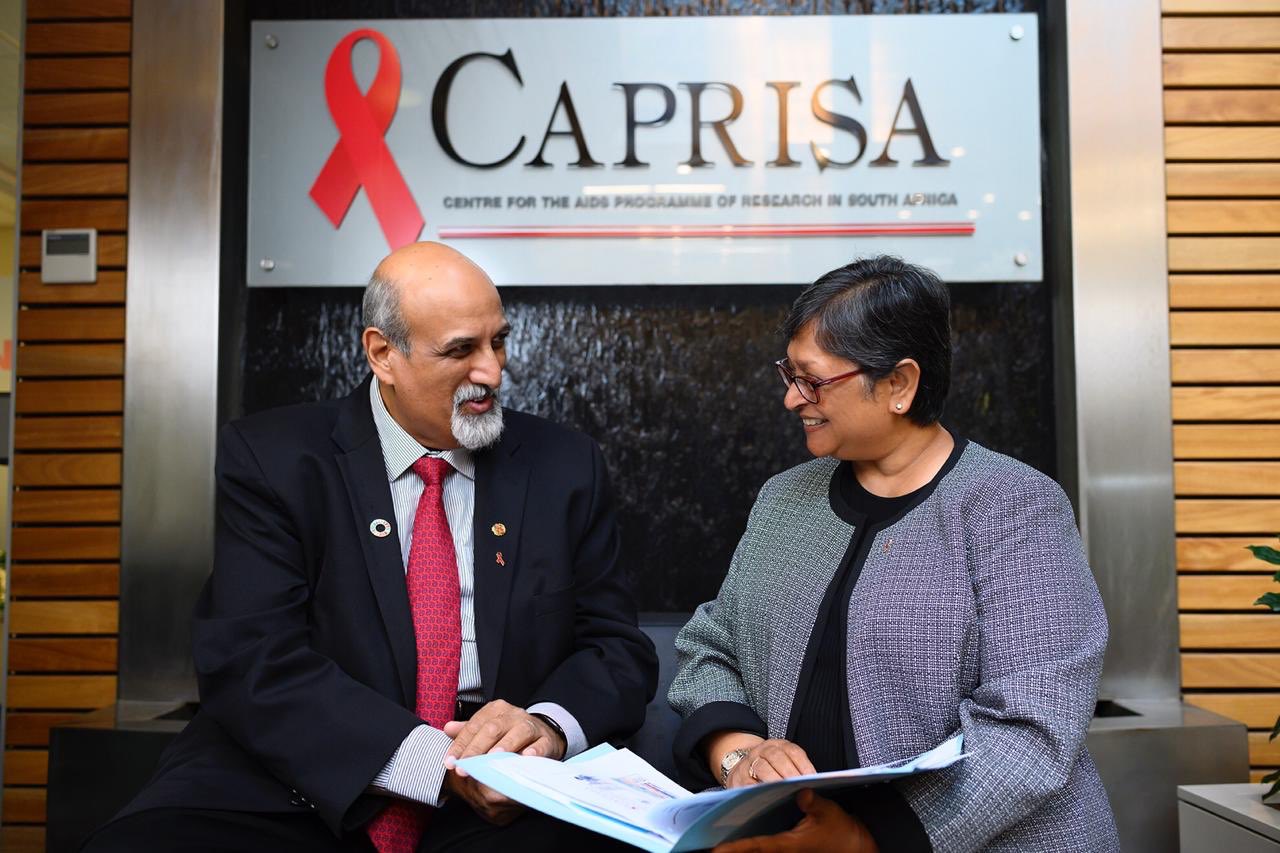South African powerhouses Professors Salim and Quarraisha Abdool Karim have been honoured with the prestigious Lasker~Bloomberg Public Service Award for their groundbreaking work in HIV prevention, proving once again that South Africans are changing the world for the better.
Global (03 October 2024) – South Africans continue to shine on the world stage, making remarkable strides across various fields – from science to public health, innovation to education. This spirit of perseverance and excellence is evident in the latest recognition of two of South Africa’s most dedicated champions of health and science: Professor Salim S. Abdool Karim and his wife, Professor Quarraisha Abdool Karim.
Together, they’ve just been honoured with the 2024 Lasker~Bloomberg Public Service Award, a significant recognition in the world of public health.
The Lasker~Bloomberg Public Service Award is no ordinary accolade. Often referred to as the “American Nobel,” it honours individuals whose work has had an extraordinary impact on the health of the public. The 2024 award was granted to the Abdool Karims for their groundbreaking work in HIV prevention and treatment, recognising the life-saving interventions they have introduced, particularly within the context of heterosexual HIV transmission.

Their efforts have transformed the landscape of public health in South Africa and have also rippled across the globe, influencing AIDS programs and public health policies worldwide.
“In accepting this Lasker award, we are recognising the power of global solidarity for global impact, which has been deeply imbued in our work on HIV prevention and treatment over the past 35 years. While we provided the initial evidence that antiretrovirals prevent sexual HIV transmission as PrEP, today PrEP is used in over 100 countries. If a patient with HIV and Tuberculosis co-infection anywhere in the world, including here in the US, is being treated according to WHO or CDC guidelines, that patient’s treatment is based on research conducted in South Africa by a multi-country CAPRISA team,” Salim S. Abdool Karim said in his acceptance speech.
“In a world wracked by division, conflict and anti-immigration hatred, this award is a sober reminder of how science reminds us of our shared humanity across the globe. We stand here today because of the power of global solidarity and partnerships in science that have saved tens of thousands of lives and helped make the world a better place for generations to come.”
The story of Quarraisha and Salim Abdool Karim is one of resilience and passion. Growing up under the harsh realities of apartheid, they experienced firsthand how discrimination and societal inequities can destroy opportunities for health and education. Despite these challenges, they persevered, driven by a deep-seated belief that science has the power to change lives.
“Our lived experience of growing up in apartheid South Africa, has had a profound effect on how we see our role as scientists. As young anti-apartheid activists involved the daily struggle for freedom, human rights and justice, we know the importance of human dignity and inclusiveness in all facets of life including in our scientific endeavours. We also benefited from the wisdom and guidance of several mentors who were both great scientists and deeply committed anti-apartheid activists. We remain eternally grateful to them for their guidance and advice, which reinforced for us the notion that science in service of humanity and social justice are two sides of the same coin. In particular, we are grateful to President Nelson Mandela who shaped our perspective on the role of scientists in serving society, as he eloquently outlined in the Foreword he wrote in our book on AIDS.,” says Quarraisha Abdool Karim.
Their work has always been about more than scientific advancement. For years, they have championed policies that go beyond the laboratory, working to make sure that those who are most vulnerable to HIV have access to the life-saving treatments and preventative measures they need. This holistic approach has saved countless lives and also helped build South Africa’s scientific capacity. In many ways, the Abdool Karims have been essential in positioning the country as a leader in global health.
Their combined efforts are not just South Africa’s pride but a global inspiration. Through their work, millions of people have received the care they deserve, and through their advocacy, public health systems worldwide have been strengthened.
Quarraisha Abdool Karim, in reflecting on the future, said, “We are in a tumultuous moment globally—a time when science is needed more than ever to tackle several of the world’s most complex challenges—pandemics, climate change, man-made famines in the midst of conflicts and widening inequalities within and between countries. Our hope lies in the ubiquity of science, on it transcending political and cultural barriers as the universal language to build bridges between the peoples of this world. Our interconnectedness and shared vulnerabilities underscore the importance of working together as scientists in service of humanity to generate knowledge and innovations to make the world a better place for everyone.”
Moments like these remind us just how powerful South African contributions can be on the world stage.
As South Africans, we can be proud knowing that our country is home to such influential figures who are reshaping global health for the better. The future is bright, and the impact of the Abdool Karims’ work will continue to resonate for generations to come.


